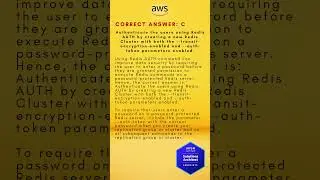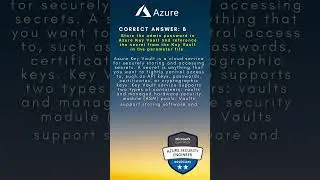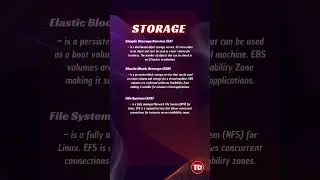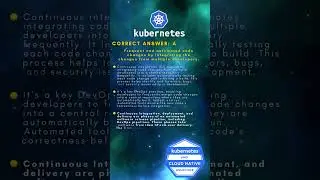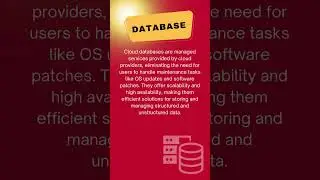#SAAC03
To improve data security on a Redis server, the Redis AUTH command can be utilized, which requires users to enter a password before executing commands on a password-protected Redis instance. The correct approach is to authenticate users using Redis AUTH by creating a new Redis Cluster with both the --transit-encryption-enabled and --auth-token parameters enabled. This ensures that users must provide the correct password via the --auth-token parameter, securing both in-transit data and access control.
Incorrect options include generating an IAM authentication token, as IAM authentication is not supported for Redis commands, and tokens expire within 12 hours. Setting up a Redis replication group with the AtRestEncryptionEnabled parameter is also incorrect, as this only secures data inside the data store and does not address authentication. Similarly, enabling in-transit encryption alone is insufficient without also implementing Redis AUTH.
🔶 Check out this Amazon Elasticache Cheat Sheet:
https://tutorialsdojo.com/amazon-elas...
🔶 Redis (cluster mode enabled vs disabled) vs Memcached:
https://tutorialsdojo.com/redis-clust...
#aws #awscertified #awscertification #Redis #ElastiCache #DataSecurity #CloudSecurity #TutorialsDojo #CloudComputing #TechTips #LinkedInLearning









